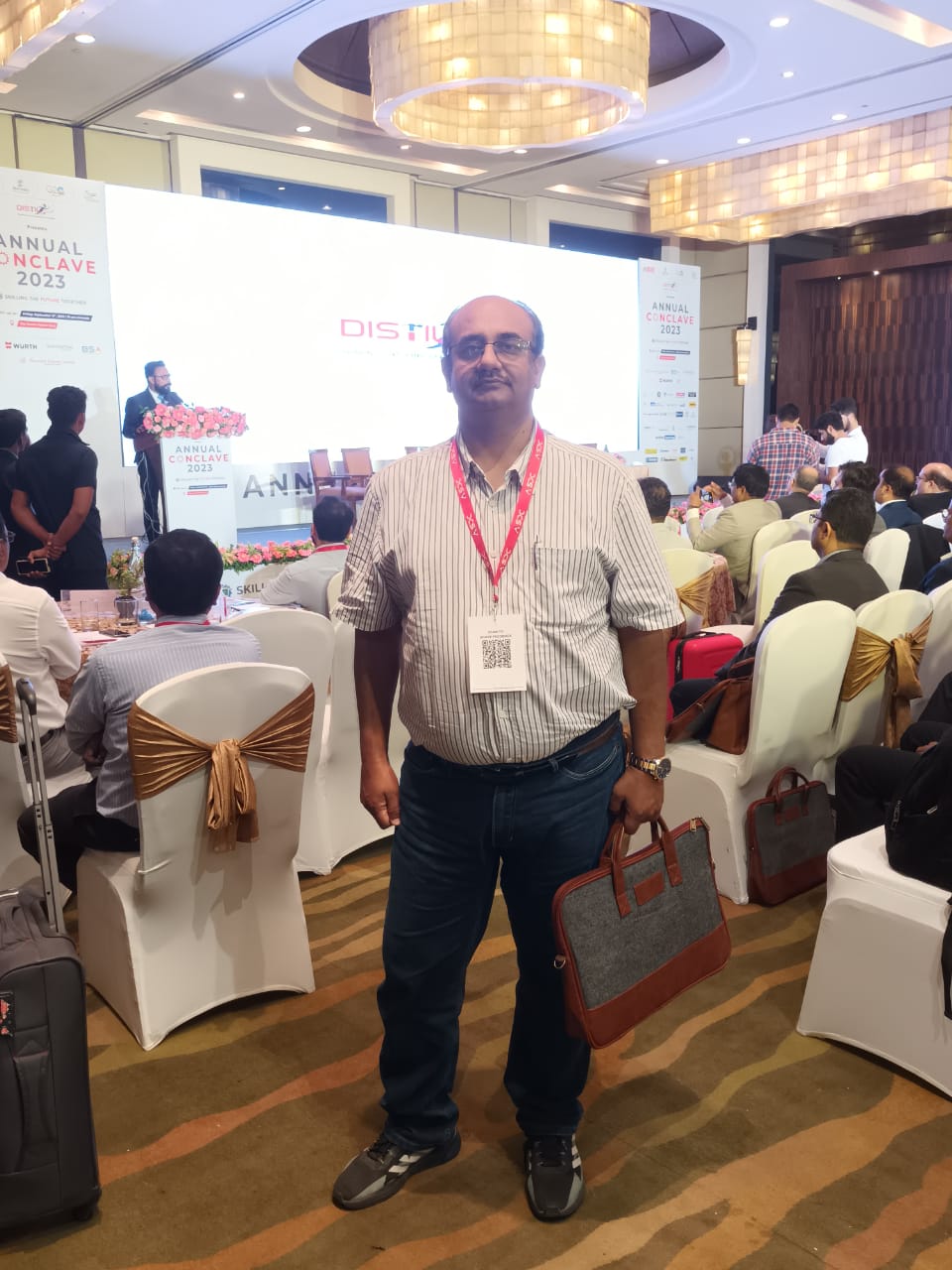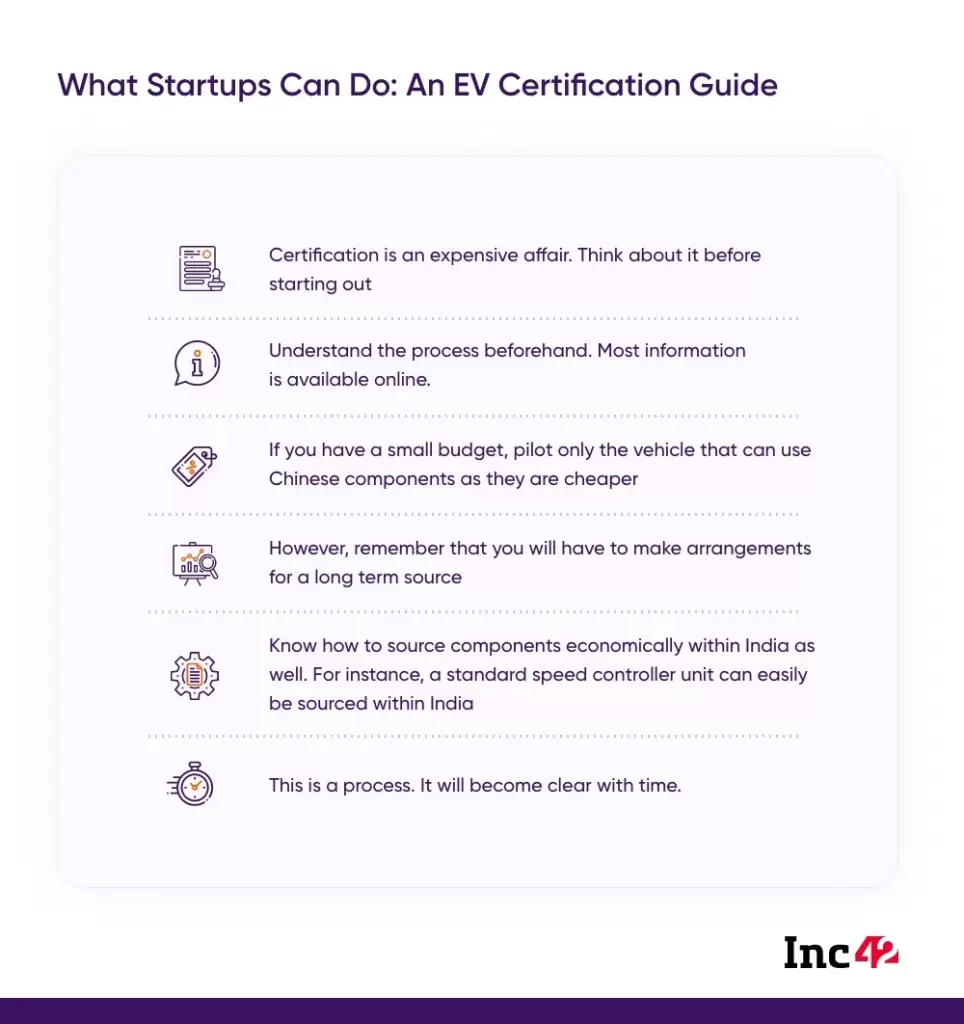

Reducing the cost of certification is what the industry players have been demanding from the government for many years. They also say that rationalising certification is important so that recertifying something in an “assembly” that has already been certified as a component can be minimized to the extent possible.
“While the government’s intent might be positive, the unrest these frequent changes create in the market are not encouraging as leaves a flux in the market. Better and more planned and aggressive schemes will be welcome to bring stability & adoption,” said Akash Gupta, cofounder and CEO of last-mile mobility provider Zypp.
EV players also expect the government to study global standards for EV-related safety certifications and include more functional safety certifications for EVs in India to make safer vehicles to run on Indian roads. “One of the expectations would be shorter lead time for testing and certification. This will certainly be a motivation for the entire industry at large,” said Jeetender Sharma, founder and MD, Okinawa Autotech.
However, to expedite the process, the government needs to authorise more private labs, consultants and companies which can check compliance on behalf of government certified agencies for few not so critical certifications. Getting more stakeholders — especially OEMs and battery makers — involved in the standards-setting process is seen as one of the solutions for both cutting costs and turnaround time.
The EV industry today also demands a clear roadmap along with milestones and targets clearly defined as that can make the regulations, processes and certification standards much easier to hook on to. They also say that ambiguity in clauses in some cases can act as loopholes which some unscrupulous stakeholder in the value chain will take advantage of and hence a clear unambiguous language can go a long way.
“Certifications are very much needed. They can be a speed breaker but cannot be a hurdle to EV adoption. Although simplifying the process could be a catalyst, passengers standing changes and amendments and complying could be a daunting task,” said Ujjwal Bhardwaj, cofounder and CEO, Electrifuel Private Limited.
Another two interesting ideas often brought to the discussions are self-certification with certain auditing or under the bond so that startups can develop their own test facilities and addition of topics related to standards, certifications or homologation in the college curriculum. “The EV industry is at a very nascent stage and all the players are working towards exploring better options and products for customers. Simplifying the certification process will save lead time in new product launches, which is very important in the current scenario,” said Okinawa’s Sharma.
Sujoy Chourasia, a Delhi-based consultant for startups shares few tips for startups as well which include planning for high-expense aspects such as certification.

In India, some of the pioneering and revolutionary activities in the Indian EV space are being done by startups. Considering the above challenges, and because we as a country are grappling with the complexities and challenges of the technologies, standards and regulations associated with EVs, it may take some time before the dust settles down and things become clearer.
